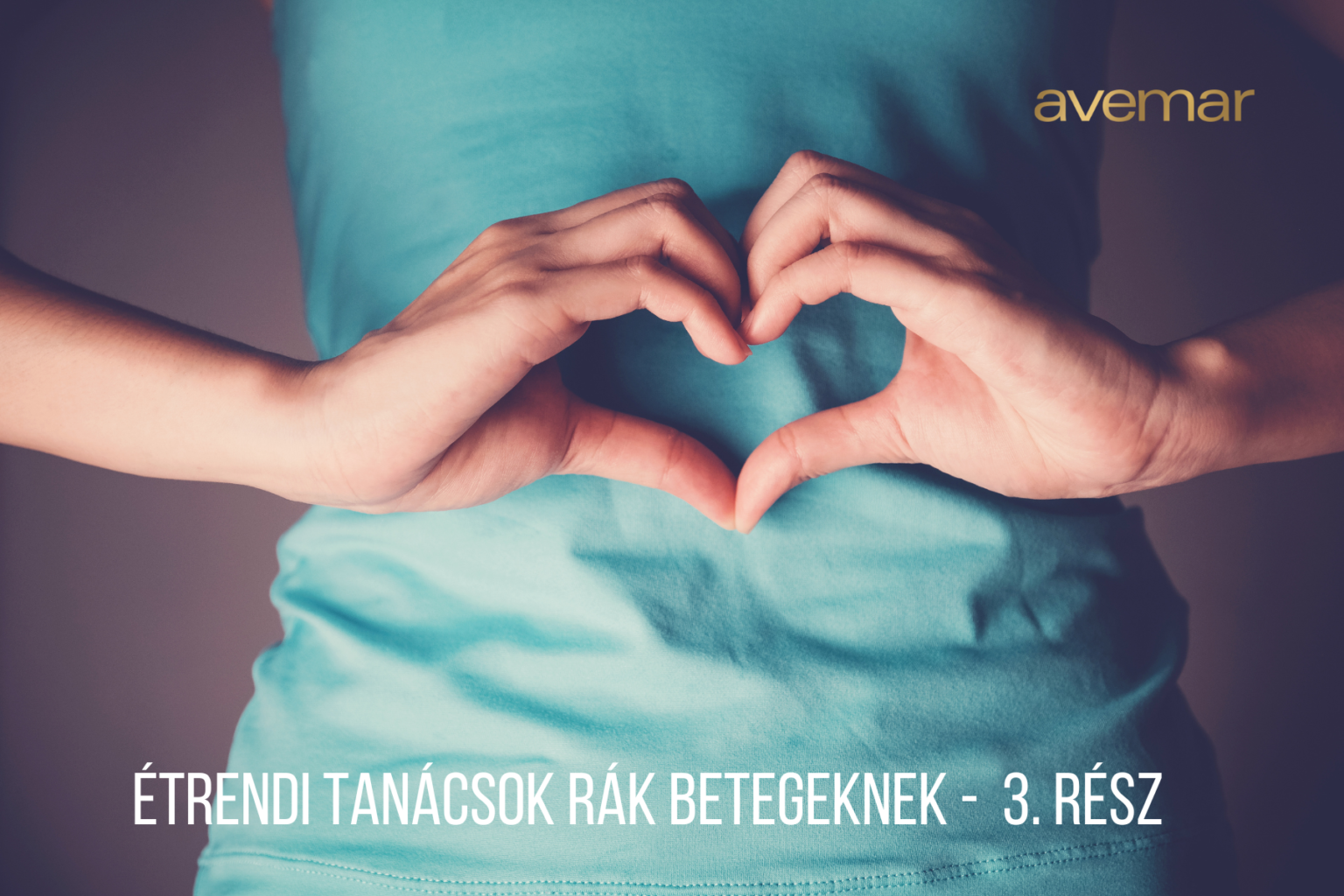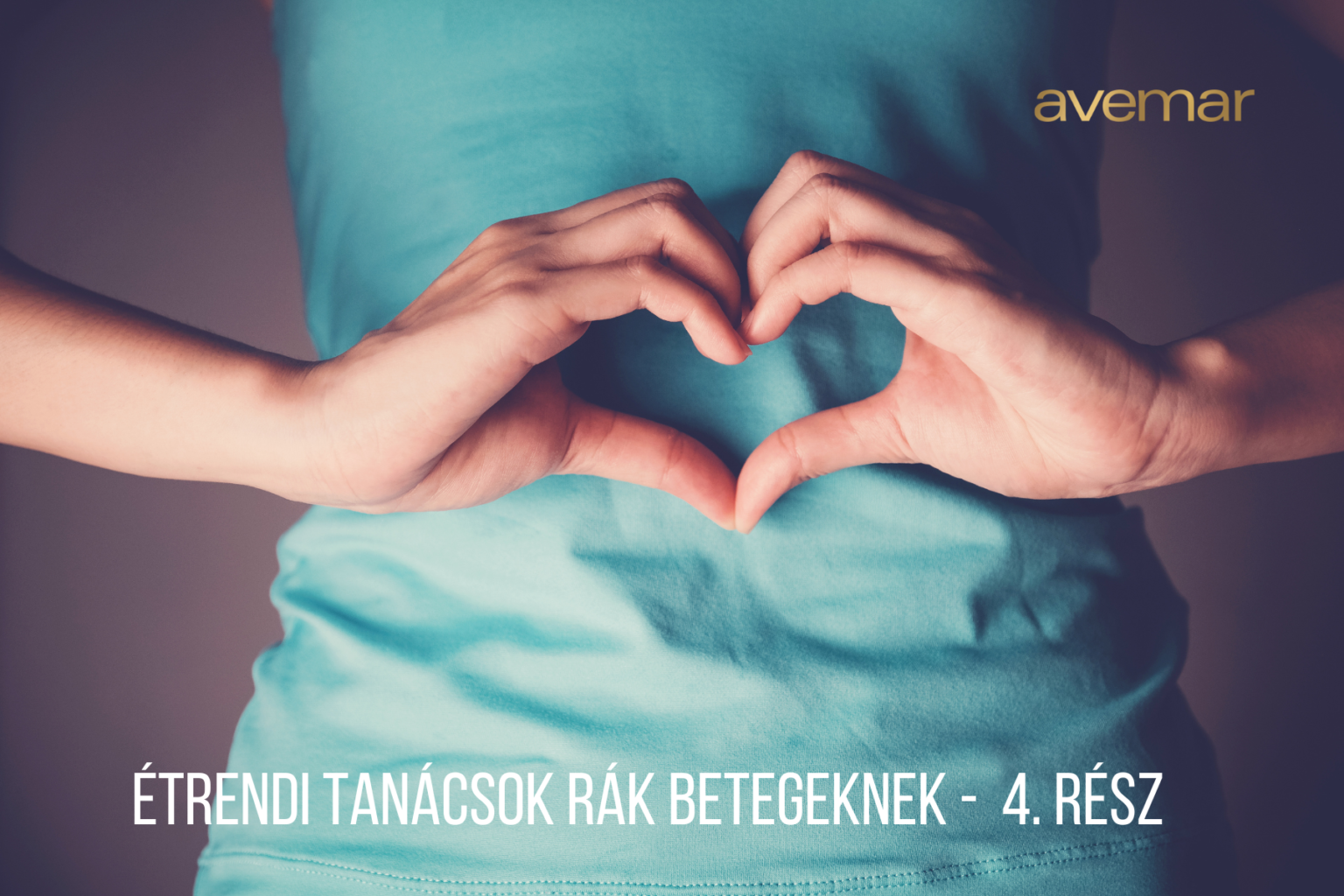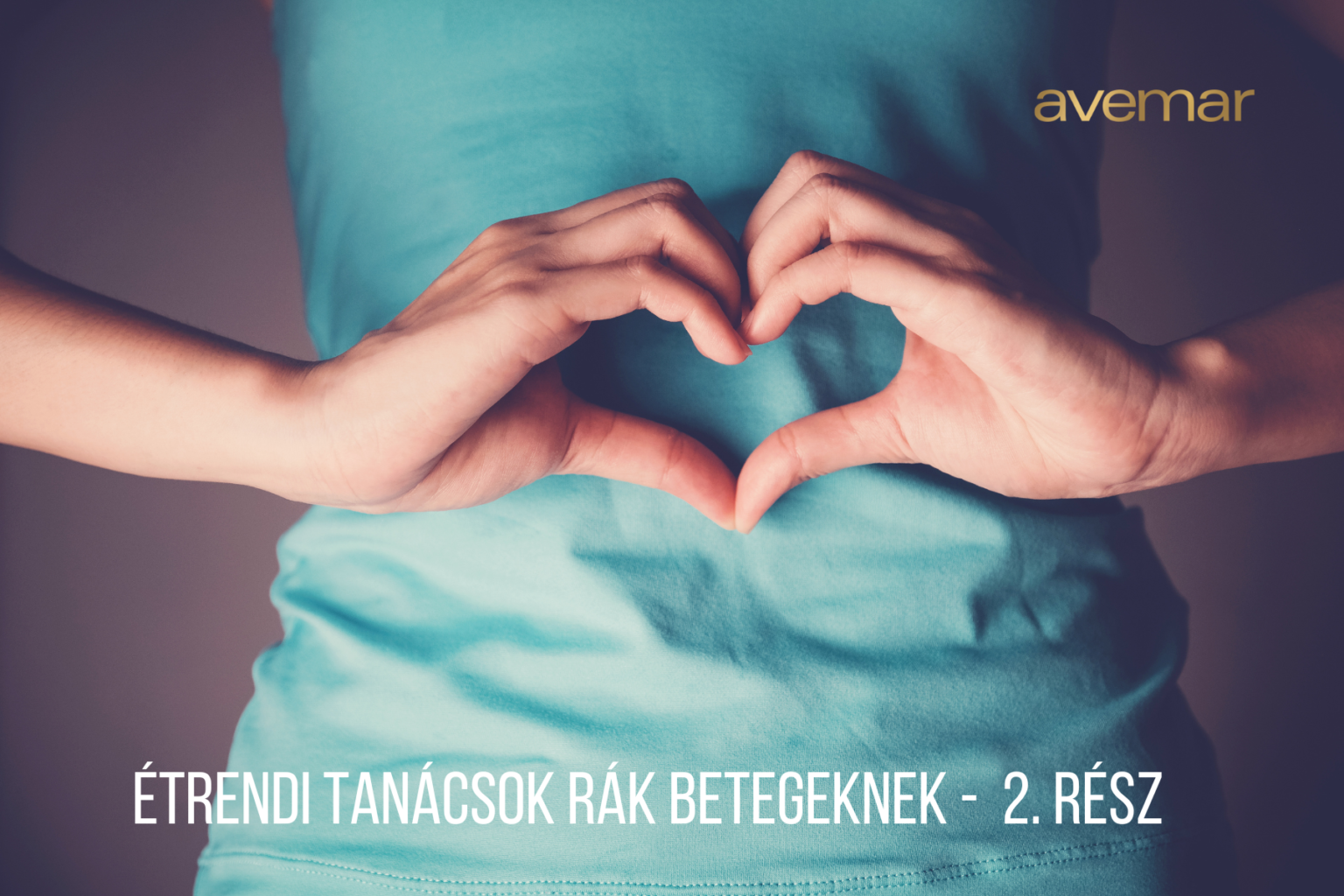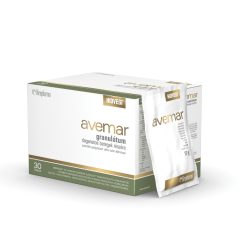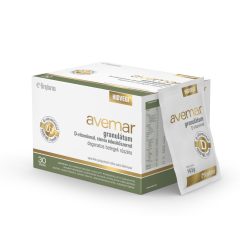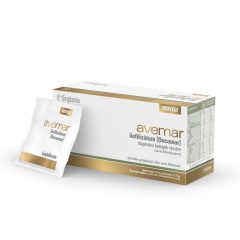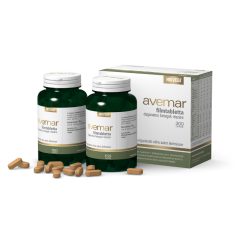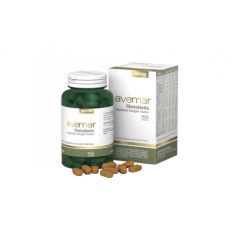Patients in good nutritional condition tend to have fewer side effects, those that do occur are less severe and the recovery process between treatments is more favourable.
DIET OF CANCER PATIENTS BEFORE TREATMENT
When cancer is suspected, an investigation process is started and a diagnosis is made. After that, a further waiting period is needed before anti-cancer treatments can be started.
(Even during the waiting period, it is important to eat properly to ensure that the body is in the best possible nutritional condition when the anti-cancer treatment starts.)
These treatments put a strain and stress on the body. Patients who are in a good nutritional state tend to have fewer side effects, those that do occur are less severe and the recovery process between treatments is more favourable.
Malnourished patients are more likely to suffer from side effects and can expect longer hospital stays.
Eating a diet with adequate amounts and balanced nutrients can improve nutritional status and stabilise body weight.
Eating 5 meals a day is recommended, of which 3 main meals (breakfast, lunch and dinner) should always contain foods of animal origin such as meat, dairy products or eggs. For the 2 small meals, eat fruit and vegetables.
HOW MUCH OF WHAT TO EAT PER MEAL AND THROUGHOUT THE DAY?
This depends on how old you are, your body weight, whether you do physical work, whether you do sport and the nature of your illness.
As all our foods have different nutrient compositions, it is difficult to know how much of each we should eat. It is easier to avoid complicated, lengthy calculations and think in units.
A healthy diet involves eating daily:
- 2-3 units of meat and meat products should be consumed
- 3-4 units of dairy products
- 5-8 units of fruit and vegetables
- 5-9 units of cereals
BALANCED DIET SUMMARY TABLE:
|
Main food groups
|
Number of units per day
|
What can one or two units contain?
|
|
Meat, meat products
|
2-3 units
|
One unit:
×50-100 g boneless meat (turkey, chicken, beef, fish) or
×50-100 g cold cuts or
×1 large or 2 small sausages
|
|
|
Milk and milk products
|
3-4 units
|
One unit:
×2 dl milk or
×1,5 dl yoghurt, kefir or
×1 dl sour cream or
×50 g cottage cheese or
×2 slices of cheese (approx. 30-50 g) or
×1 piece of cubed cheese
|
|
|
Vegetables, fruit
|
5-8 units
|
One unit:
×1 apple, peach, nectarine or
×1 piece of tomatoes, peppers or
×1 piece of carrot or
×1 portion of lettuce (100-150g) or
1,5 dl vegetable juice
Two unit:
×1 banana (approx. 200g) or
×1 portion of potatoes (approx. 200g) or
×1 portion of stewed vegetables (approx. 200g) or
×1 portion of steamed green beetroot (approx. 200g)
|
|
|
Cereals
|
5-8 units
|
One unit:
×1 slice of bread (approx. 60g) or
×1 roll (approx. 44g) or
×1 bun (approx. 54g) or
×1 slice of bread (approx. 50g) or
×1 portion of cereal (approx. 40g)
Two unit:
×1 portion of pizza or
×1 portion of cooked pasta (approx. 200-240g) or
×1 portion of steamed rice (approx. 200-240g)
|
WHAT IS ADEQUATE NUTRITIONAL STATUS?
A BMI (body mass index) is preferably between 20 and 25 kg/m². Malnutrition is defined as a BMI below 20 kg/m². However, it is not only a good BMI that needs to be taken into account, but also weight loss, i.e. weight loss. An involuntary weight loss of more than 5% is also detrimental to recovery.
For example, at a body weight of 60 kg, a weight loss of more than 3 kg means that you have crossed the 5% critical threshold!
MAIN DIETARY CONSIDERATIONS FOR CANCER PATIENTS:
|
Key aspects
|
|
Number of meals per day:
|
5
|
|
Daily energy requirement:
|
approx. 30 kcal/kg bodyweight
(e.g.: 1800 kcal for 60 kg, for physical activity)
|
|
Daily nutrient intake:
|
to achieve and maintain a good body composition, i.e. an ideal muscle to fat ratio, the energy intake for each nutrient should be balanced:
- protein: about 15 en%.
- fat: about 30 en%
- carbohydrate: about 55 en%
Daily nutrient intake per kilogram of body weight:
- protein: 0.8-1 g/kg bodyweight
- fat: 1.0 g/kg bodyweight
- carbohydrate: 4-5 g/kg bodyweight
|
|
Main meals (breakfast, lunch, dinner):
|
always include protein of animal origin (meat, eggs, dairy products) to provide essential amino acids and preserve muscle mass.
|
(Compiled by Anna Kiss, dietician)
